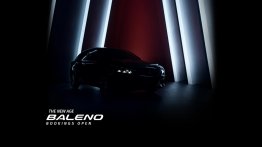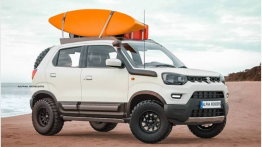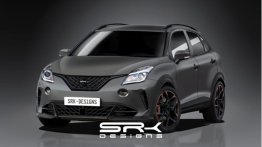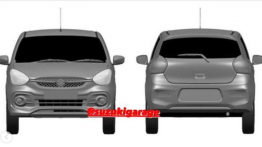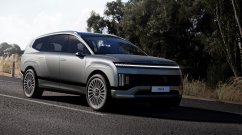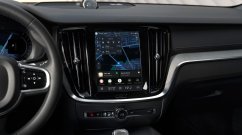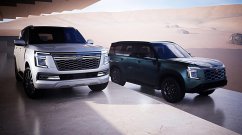According to Nikkei Asian Review, SMC is putting its money on hybrids in the Indian market. At a time when the global market is moving towards electric mobility, and the Indian government is also pushing for EVs, Suzuki's decision to place their bets on hybrids seems a bit strange.
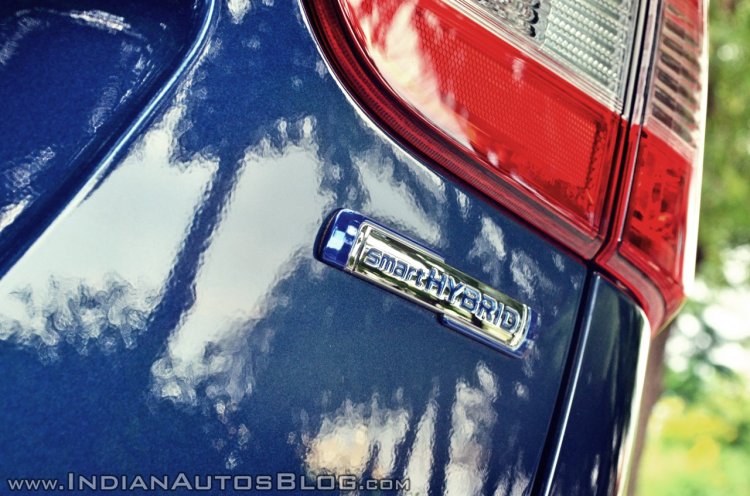
The report cites Suzuki's lack of expertise in the field of EVs, poor infrastructure in India and high costs associated with electric cars as the major reasons for the company's focus on hybrids over electric vehicles. Although, Suzuki's partnership with Toyota will help the company gain the necessary access to the technology required to propagate its electric car program.
The report adds that in a market where lowest priced cars tend to be the highest sellers, expensive EVs might not be able to garner the required sales figures to justify the input costs. However under the current GST structure, the GoI has placed electric vehicles in the lowest bracket with a tax incidence of just 12%. In comparison, the minimum tax on a vehicle, petrol, diesel, or hybrid, at at least 28%.
The current state of infrastructure in India is also a major cause for concern. Despite the Government's intention to restrict car sales to EVs by 2030, major portions of the country still witness long power outages. For electric cars to succeed, it is imperative that the Government ensures the necessary infrastructure is in place by 2030.
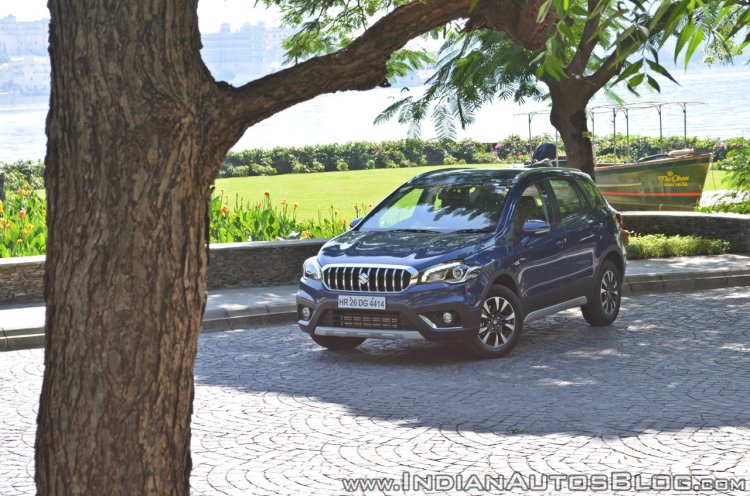
Also Read - One lakhs Maruti Suzuki SHVS models sold
Currently, Maruti Suzuki has three products in its portfolio that qualify as hybrid vehicles - Ciaz, Ertiga, and S-Cross. All three are powered by a 1.3 L DDiS 200 diesel coupled with mild hybrid tech. The company does not sell any regular hybrids (vehicles that can be driven purely by electric power at certain speeds at least) yet.
[source - Nikkei Asian Review]











